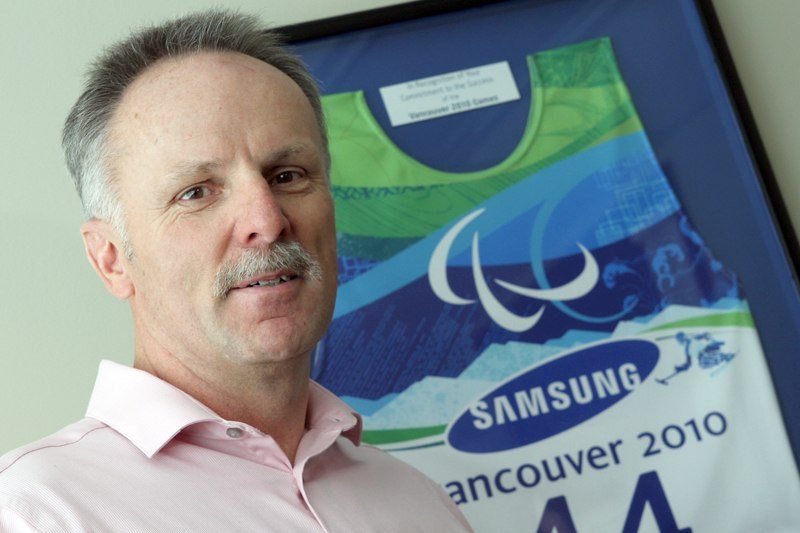Markus Walser says it only takes a glimpse at Paralympics athletes to know how great they truly are.
The Thunder Bay native, making a return trip to the Olympic Winter Games as the head of technical control and officiating for alpine skiing at the upcoming Sochi Games, said elite level athletes, regardless of physical ability, will always draw attention from the masses.
The Paralympics are no different.
“People are drawn to it,” he said Friday, less than four weeks before his scheduled Feb. 25 departure for Russia.
“In London, tickets were fully sold out for the athletics facility in able-bodied and in the Paralympics. However, from start to finish, from 10 in the morning until night time, the Paralympics always had bums in the seats. Every seat was full. People enjoy watching it.”
These are elite athletes, he added.
“Yes they have a disability, but they can perform and they have an immense joy in performing. I get people telling me all the time, it is a really fun event,” Walser said.
Walser, who estimated he spends about 80 days a year on the road on average overseeing events on the disabled alpine skier circuit, is making his second trip to the Paralympics, his first four years ago in Vancouver.
This year, alpine skiing represents 32 of the 78 medals being handed out at the Games, which immediately follow the Olympics, opening March 7.
“Our field size is a little bit larger than the Nordic events. We have events in snowboarding this year for the first time. We have men’s and women’s lower extremity impairments. The alpine events include downhill, super G, super combined, giant slalom and slalom,” he said.
Walser has been an international official with alpine skiing in Canada since 1999. Five years later he first participated with para-alpine athletes when a previous Canadian officials stepped aside.
“I’ve been on the committee that runs the federation for the past seven years,” he said.
It’s a rewarding job, said Walser, who operates a physiotherapy clinic in Thunder Bay when he’s not traveling the world.
“In 2010, when I was the chief of competition for the Vancouver Games, we had a lot of volunteers and work groups who had previously worked on able-bodied events. They said the joy of working with these athletes and seeing how appreciative and excited the athletes are about being able to participate, that they got a lot more enjoyment out of working the para-alpine events versus the able-bodied events,” he said.
The one letdown is officials have to stay impartial. Like journalist in the press box, there’s no cheering allowed.
“Because you’re spending a lot of time each year on the circuit, you get to befriend the athletes, certainly. While the event is going on, can we cheer for individual athletes, can we cheer for the country we happen to come from? No. We’re international officials,” said Walser, a physiotherapist with his own practice who spends about 80 days a year on the road in his role with disabled skiers.
“We have to be neutral. We’re not from a given country. We represent the international federation.”



